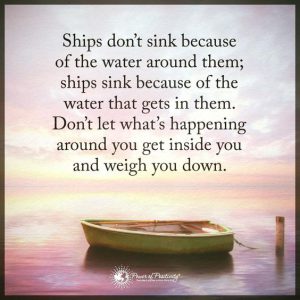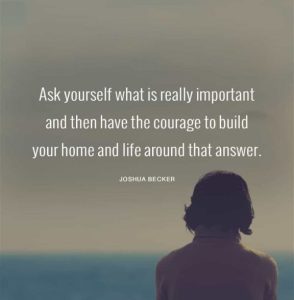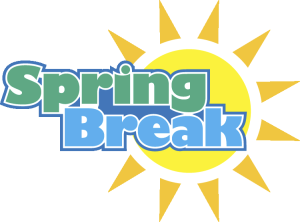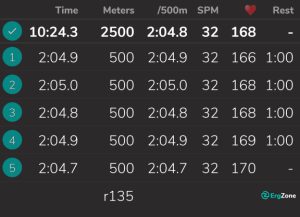I had a lot of indecision this morning about what kind of image to put on my digital art display. When I looked out the window, the sky was mostly cloudy with occasional glimpses of sun. It wasn’t quite cold enough for snow. The winter landscapes I browsed through didn’t work, and I couldn’t find any early spring scenes that looked right either. Ocean views didn’t suit my mood. I was getting frustrated with myself for being so picky.
Looking for scenery that would invite me into a virtual adventure, I finally clicked on a photo showing a mountain path and storm clouds. With spring flowers dotting the slopes, it didn’t match the real-life season, but something about it drew me in anyway.
“It may be an adventure for some, but it is an ordinary day for others.”
Making her way along the trail with the aid of a walking stick, the archetypal Crone came into view. She wore a dark cloak on this cool spring morning, with a long homespun dress swishing around her ankles, and a headscarf that covered all but a few wisps of her iron-gray hair. I might have taken her for a medieval peasant, but for the elaborately carved runes on her walking stick, which brought to mind tales of the powerful witch Baba Yaga in her enchanted forest.
“People tend to see dithering as a character flaw,” she went on, “and adventuring as a way to gain focus and mental energy. I would put it more in terms of what choices are open to us, though. When our lives are simple, with few decision points, there isn’t much to dither about or to imagine as an adventure within reach. The days all feel much the same.”
Somewhere to my left, a bell tinkled. I turned my head and saw a herd of shaggy goats grazing on the slope. A ragged boy glanced up toward me, without much curiosity, and went back to watching his goats.
“I’m well-heeled today,” the Crone said, lifting a foot to display a sturdy shoe under the hem of her long dress, “and so I’m ready for adventures. Once upon a time, a well-heeled person meant someone who was wealthy. When shoes were made by hand, most folks couldn’t afford to replace them when the heel started wearing down. You can’t get far on an adventure if your shoes are about to fall apart.”
I gave that some thought. “Being indecisive and going on adventures both reflect having some amount of privilege, then.”
“Yes, and there’s no reason to judge yourself harshly for it. If you didn’t own an art display, then you wouldn’t have spent time deliberating over what image to choose, and maybe you’d have gotten some household tasks done instead. But then, you wouldn’t have written about me.”









